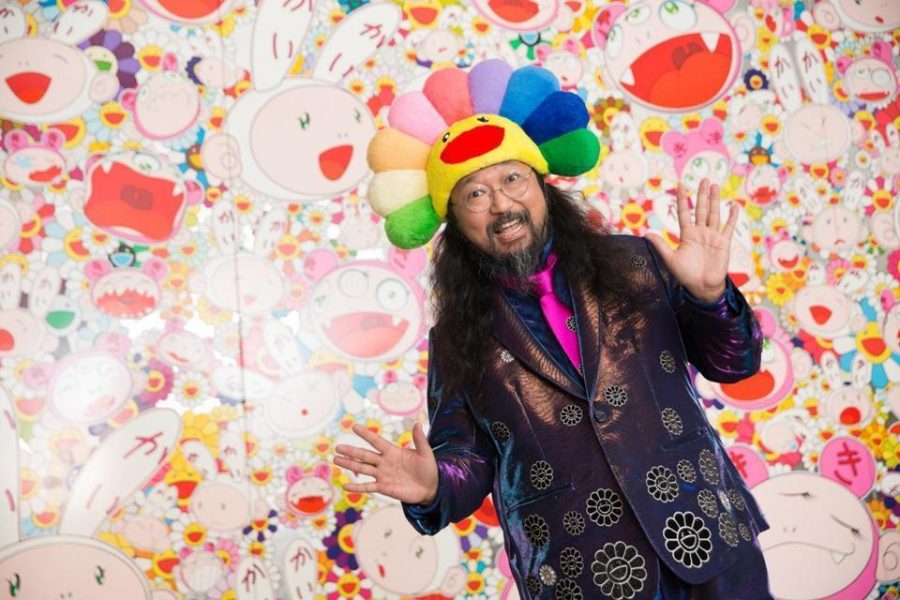By Julia Taliesin
Staff Writer
On Jan. 30, thousands gathered to witness former presidential candidate Raila Odinga swear himself in as the “people’s president.”
The controversial ceremony took place at Uhuru Park in central Nairobi. Reuters estimates that 15,000 supporters were in attendance. The largely peaceful event was held despite warnings from the attorney general that this was an act of treason, a crime sometimes punishable by death.

The official Kenyan election took place in August 2017, but courts threw out incumbent candidate Uhuru Kenyatta’s win for irregularities in the electoral process. Kenyatta also won the rerun election in October; however, opposition candidate Odinga declared he was boycotting the election. Kenyatta, the son of Kenya’s first president Jomo Kenyatta, was officially sworn in for his second term as president in November.
Though thousands attended, Odinga’s rival inauguration left some supporters disappointed. Odinga’s vice president, Kalenzo Musyoka, and several senior officials were absent, which could indicate some division with his party. Odinga only attended the event for 20 minutes, declaring he would “assume the office of the people’s president of the Republic of Kenya” and that this would put Kenya on the road to a “proper democracy.” When questioned about his plans for this, and declined to comment, suggesting that people “hold their horses.”
Catherine Soi, a reporter with Al Jazeera, said the opposition hoped this “symbolic swearing in” would motivate Kenyatta to be open to negotiations.
According to Reuters, Odinga spoke with a local broadcaster by phone before the event, saying, “We have an illegitimate government. Whenever there is a crisis, there is also an opportunity. This is an opportunity to bring the country together.”
Before the mock inauguration, the government banned all media stations from covering the event. Government authorities shut down several independent Kenyan media stations for failing to comply with this ruling, in the country’s most widespread demonstration of censorship in a decade. A week later, two privately-owned pay TV platforms, NTV and KTN News, are back on the air, but two others, Citizen TV and Inooro TV, are still off-air. The BBC reported that Interior Minister Fred Matiang’i declared the stations would remain off air until they have been investigated.
Some Kenyans have been protesting the media censorship in the streets of the capital. On Monday, police reportedly fired tear gas into the throngs of people demanding the government to honor freedom of the press. Protesters also believe the government should obey the court order to allow all stations to broadcast until a final ruling is made on the issue of violating the government ban on broadcasting the event.












